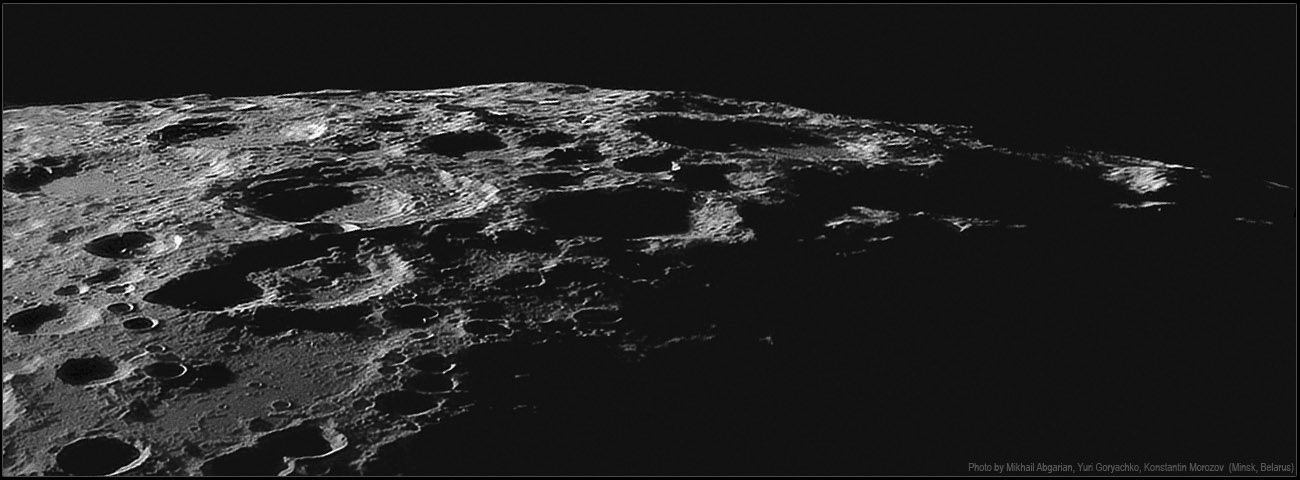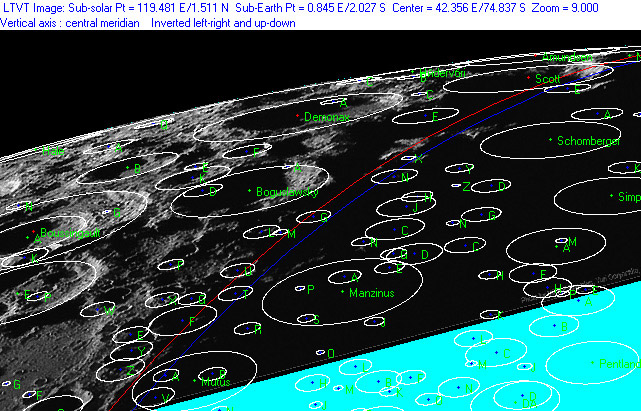Difference between revisions of "January 23, 2010"
| (3 intermediate revisions by the same user not shown) | |||
| Line 1: | Line 1: | ||
__NOTOC__ | __NOTOC__ | ||
=The Roof of Another World= | =The Roof of Another World= | ||
| + | <!-- Start of content --> | ||
<!-- ws:start:WikiTextHeadingRule:1:<h1> --> | <!-- ws:start:WikiTextHeadingRule:1:<h1> --> | ||
<!-- ws:start:WikiTextLocalImageRule:24:<img src="/file/view/LPOD-Jan23-10.jpg/115197959/LPOD-Jan23-10.jpg" alt="" title="" /> -->[[File:LPOD-Jan23-10.jpg|LPOD-Jan23-10.jpg]]<!-- ws:end:WikiTextLocalImageRule:24 --><br /> | <!-- ws:start:WikiTextLocalImageRule:24:<img src="/file/view/LPOD-Jan23-10.jpg/115197959/LPOD-Jan23-10.jpg" alt="" title="" /> -->[[File:LPOD-Jan23-10.jpg|LPOD-Jan23-10.jpg]]<!-- ws:end:WikiTextLocalImageRule:24 --><br /> | ||
| Line 17: | Line 18: | ||
<br /> | <br /> | ||
<strong>Related Links</strong><br /> | <strong>Related Links</strong><br /> | ||
| − | Rükl plate [ | + | Rükl plate [https://the-moon.us/wiki/R%C3%BCkl_74 74]<br /> |
Astronominsk [http://objectstyle.org/astronominsk/index_en.htm website] <br /> | Astronominsk [http://objectstyle.org/astronominsk/index_en.htm website] <br /> | ||
<br /> | <br /> | ||
| Line 28: | Line 29: | ||
<p><b>Tomorrow's LPOD:</b> [[January 24, 2010|Radiating Linears]] </p> | <p><b>Tomorrow's LPOD:</b> [[January 24, 2010|Radiating Linears]] </p> | ||
<hr /> | <hr /> | ||
| + | <table class="wiki_table"> | ||
| + | <tr> | ||
| + | <td> <!-- RemoveRevolverMaps --> | ||
| + | <!-- RemoveRevolverMaps --> | ||
| + | </td> | ||
| + | <!-- End of content --> | ||
{{wiki/ArticleFooter}} | {{wiki/ArticleFooter}} | ||
Latest revision as of 17:47, 13 October 2018
The Roof of Another World

image by Yuri Goryachko, Mikhail Abgarian, Konstantin Morozov, Minsk, Belarus
 the Minsk Miracle Imagers made this identification chart using LTVT the Minsk Miracle Imagers made this identification chart using LTVT |
From the barely lit rim of Scott to the crater within crater of Boussingault the southeast polar zone is full of craters. It is an area far from large basins and their damaging - and renewing -effects, thus preserving generations of craters. The formation of basins is really like an urban renewal project, wiping out the center core near ground zero, and dumping debris across hundreds of kilometers beyond the excavation zone. The surface where a new basin formed offers a clean slate for lava flows or subsequent impacts to make a simpler landscape. The few places on the Moon far from basins are ancient complexities; it is not surprising that craters form inside earlier ones.
|
Yesterday's LPOD: Caressing Rays
Tomorrow's LPOD: Radiating Linears
COMMENTS?
Register, Log in, and join in the comments.



